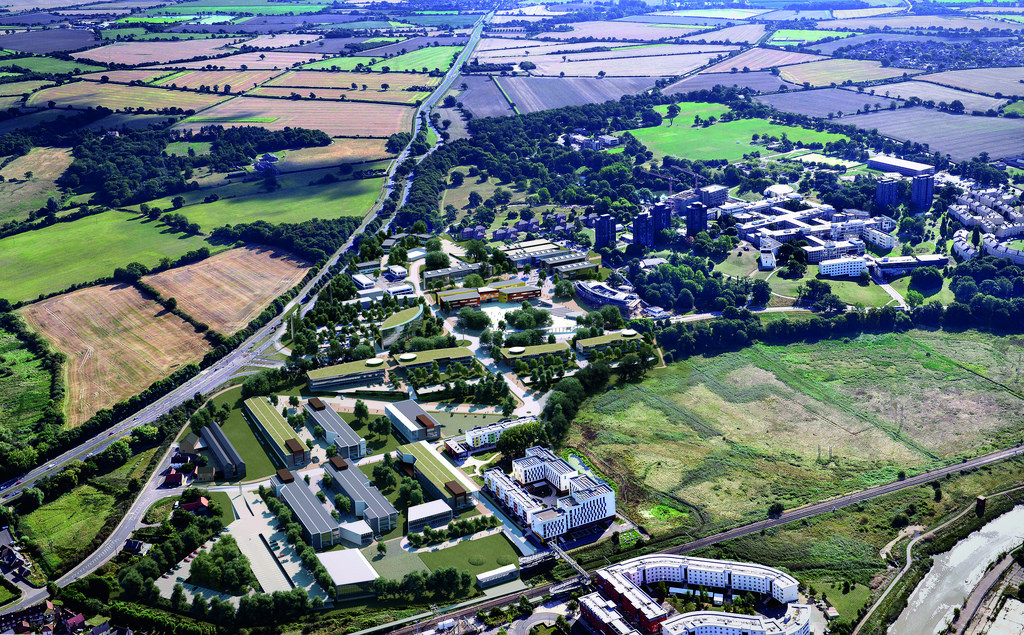Back to the draughty council chambers
By Michael Hardware, Director of Planning and Property
The Government has decided that legislation to hold council meetings virtually will not be extended. This means all future meetings will have to be exclusively physical in nature, held again in council chambers and committee rooms across the country.
The lockdown last year to counteract the march of the pandemic changed the way people work, with many being home-based, some permanently. Councils were no different with the Government quickly enacting legislation to allow council meetings to take place virtually. Although some councils were slow to implement those requirements and to master the technology, the general experience of this enforced change has been very positive. Meetings have been more controllable, less confrontational, they seem to stick to the agenda more readily with less small-talk and are more likely to finish on time! There were some notable exceptions, the parish of Handforth in Cheshire being one, but on the whole the systems worked well albeit with two new phrases coming into common use: “You are on mute” and “You are still on mute”.
Virtual meetings have also increased the participation of residents both in meetings and consultations, which is good for democracy. Watching and asking questions at council meetings was far easier from the comfort of residents’ armchairs.
The Coronavirus Act 2020, the emergency legislation introduced by the Government last year, authorised councils to hold virtual meetings during restrictions implemented to stem the spread of Covid-19. The Act made provisions for “persons to attend, speak at, vote in, or otherwise participate in, local authority meetings without all of the persons, or without any of the persons, being together in the same place”. This comes to an end on 6 May and the 1972 Local Government Act comes back in to play requiring councillors to be physically present.
A challenge to this was mounted in the courts in April by the Association of Democratic Services Officers (ADSO), Lawyers in Local Government (LLG) and Hertfordshire County Council. It sought the provision of ‘hybrid’ meetings with a combination of physical and virtual participation. The bid failed with the judges saying that this was a matter to be decided by Parliament, not the courts.
All is not lost as MHCLG has now started a call for evidence on the experience of virtual meetings. This runs until 17th June and can be viewed here. This will lead to a review of arrangements, although nothing will happen in the near future.
It is envisaged that some kind of hybrid arrangement will come into play over the coming year. It is likely, however, that statutory committees, such as planning and licensing, will be excluded and have to be physical, although there is no reason why the public cannot contribute remotely.

Strategic land and site promotion
We work with strategic land developers and promoters, landowners and planning consultants to promote sites …

Energy and infrastructure
From new nuclear and unconventional gas to renewables, waste and airports, our team has worked …


